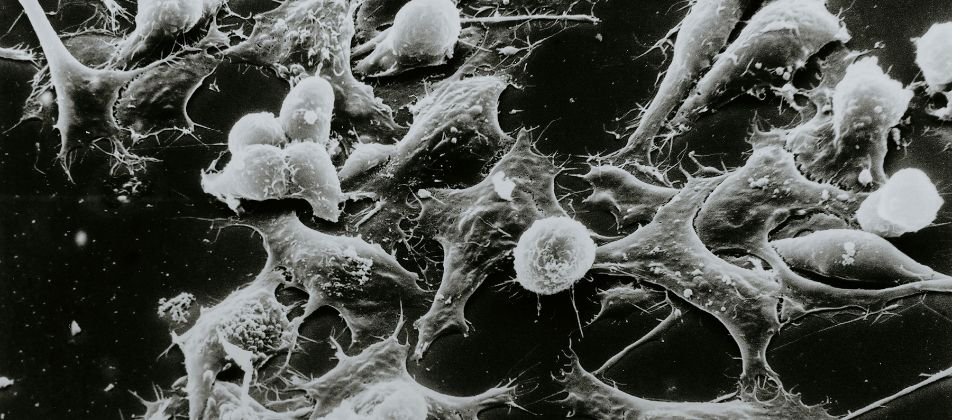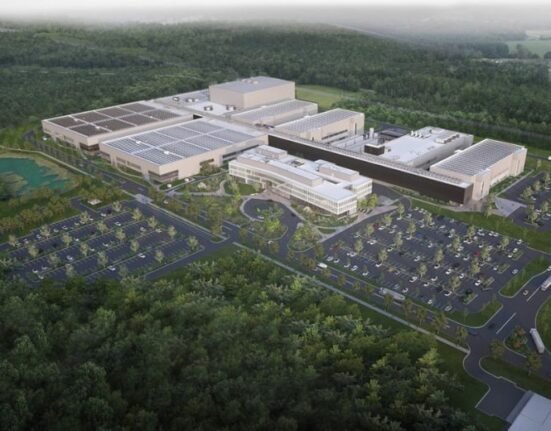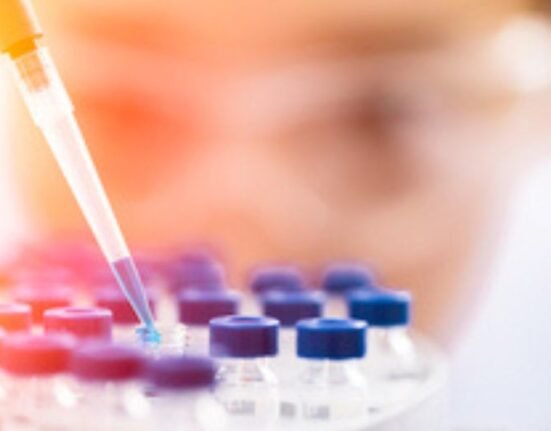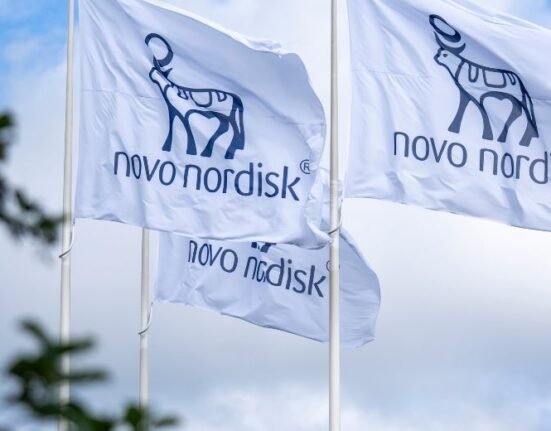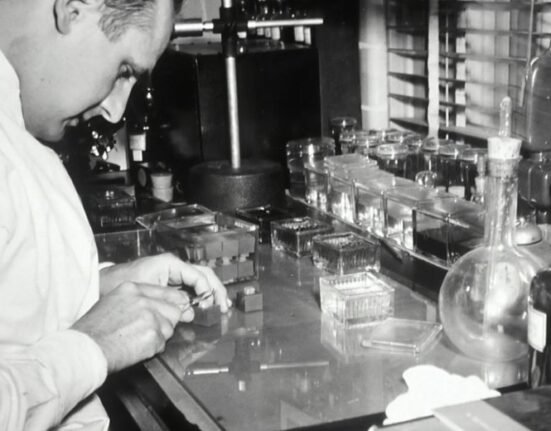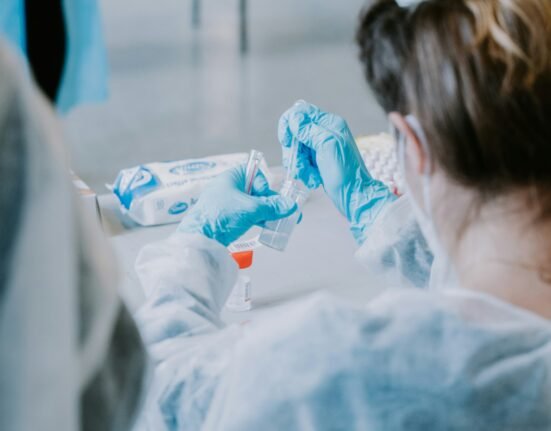HQ Team
April 23, 2024: Almost a year after rejecting approval for ImmunityBio’s combination therapy to treat a type of bladder cancer the USFDA has given the green light to the company’s Anktiva treatment.
The treatment works by activating types of disease-fighting white blood cells called natural killer cells and T-cells to create long-term immunity in the body. It is used in combination with the Bacillus Calmette-Guérin (BCG) vaccine, which is used against tuberculosis.
On May 9, 2023, the company in a Securities Exchange and Commission filing stated that the FDA wrote to the company it “determined that it cannot approve the Biologics License Application in its present form” for treating patients with BCG-unresponsive non-muscle invasive bladder cancer.
The deficiencies relate to the FDA’s pre-license inspection of the company’s third-party contract manufacturing organisations. The FDA requested that the company provide updated duration of response data for the efficacy population as identified by the FDA in the company’s resubmission, as well as a safety update.
Efficacy evaluators
On October 26, 2023, the FDA accepted ImmunityBio’s application resubmission for review and considered it as a complete response.
The US health regulator evaluated Anktiva’s efficacy during a trial of 77 patients. Patients received nogapendekin alfa inbakicept-pmln induction via intravesical instillation with BCG followed by maintenance therapy for up to 37 months.
Tumor status was assessed with cystoscopy and urine cytology every three months for up to two years and biopsy was required within the first six months after treatment initiation, according to an FDA statement.
The major efficacy outcome measures were complete response at any time and duration of complete response (DOR). Complete response was defined by a negative cystoscopy and urine cytology.
“The CR rate was 62%. Fifty-eight per cent of patients with CR had a DOR greater or equal to 12 months and 40% had a DOR greater or equal to 24 months,” according to the FDA statement.
Mid-May 2024
ImmunityBio stated the percentage of patients with durable responses at 12 and 24 months “exceeded the benchmark for the magnitude of clinically meaningful results established by experts at the International Bladder Cancer Group (IBCG).”
The most common adverse reactions, including laboratory test abnormalities, were increased creatinine, dysuria, hematuria, urinary frequency, micturition urgency, urinary tract infection, increased potassium, musculoskeletal pain, chills, and pyrexia.
Anktiva will be available in the US markets by mid-May 2024.
“The FDA’s approval of Anktiva marks our launch of a next-generation immunotherapy beyond checkpoint inhibitors,” said Patrick Soon-Shiong, M.D., Executive Chairman and Global Chief Scientific and Medical Officer at ImmunityBio.
“The combination of the proliferation of key cancer-killing immune cells, together with the activation of T cells with memory, results in durable complete responses.
‘Triangle offence’
“The ‘triangle offence’ of tumour cell killing by the body’s immune system with long-term memory is the foundation of our efforts to develop a therapeutic cancer vaccine across multiple tumour types, regardless of the site of origin,” he said.
Bladder cancer is the 10th largest most commonly diagnosed cancer worldwide and in the US, the American Cancer Society estimates there will be 83,190 new cases and 16,840 deaths from bladder cancer in 2024.
At the time of diagnosis, the non-muscle invasive cancer is found only on the inner layer of the bladder wall. The standard therapy for this is intravesical instillation (delivery to the bladder via a catheter) of BCG.
BCG is a benign bacteria that induces an immune response in the bladder in proximity to the cancer cells, leading to clearance of the cancer in many patients. In less than 30-40% of the patients, however, BCG will fail, and in less than 50% that initially respond, cancer will recur.


